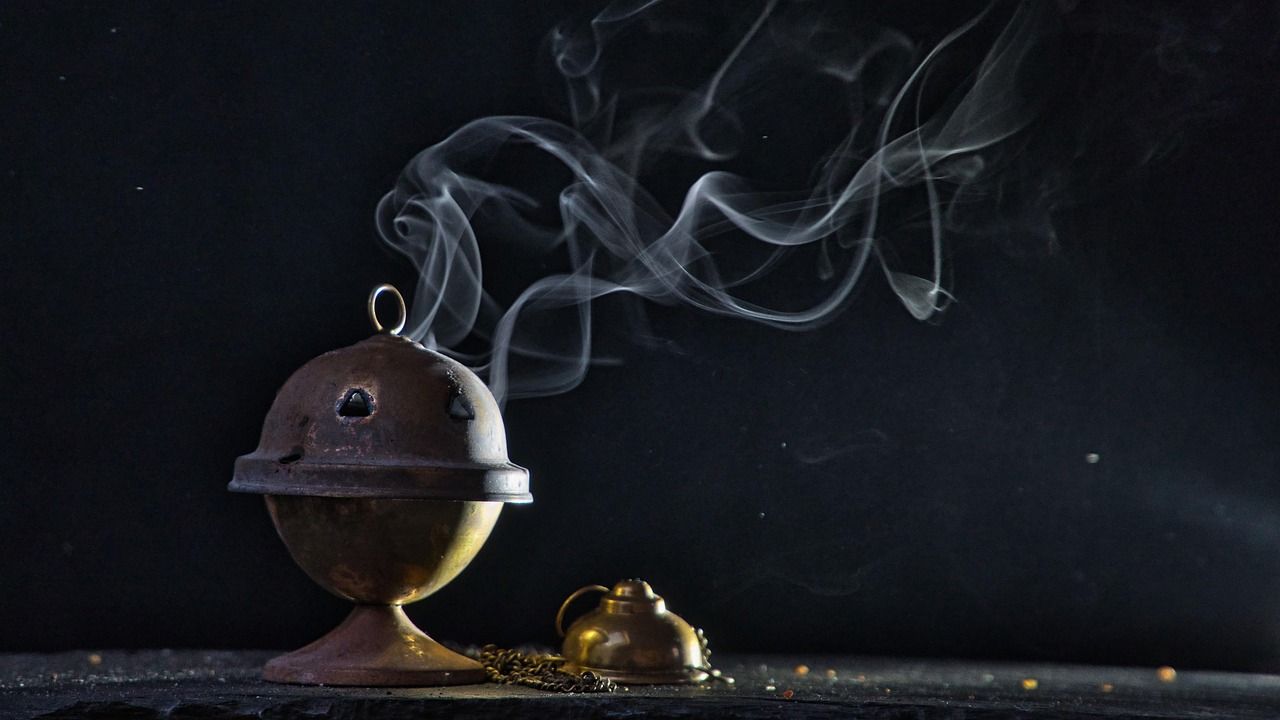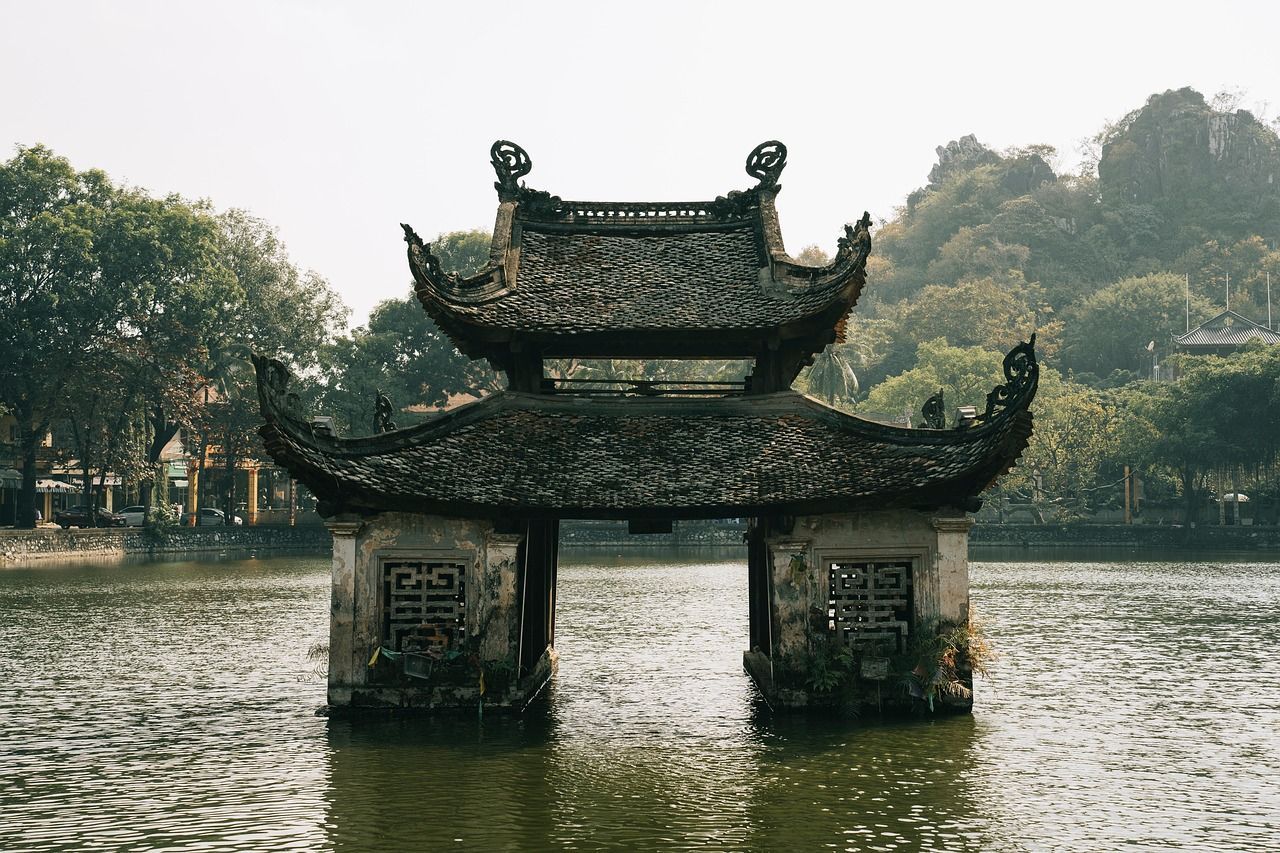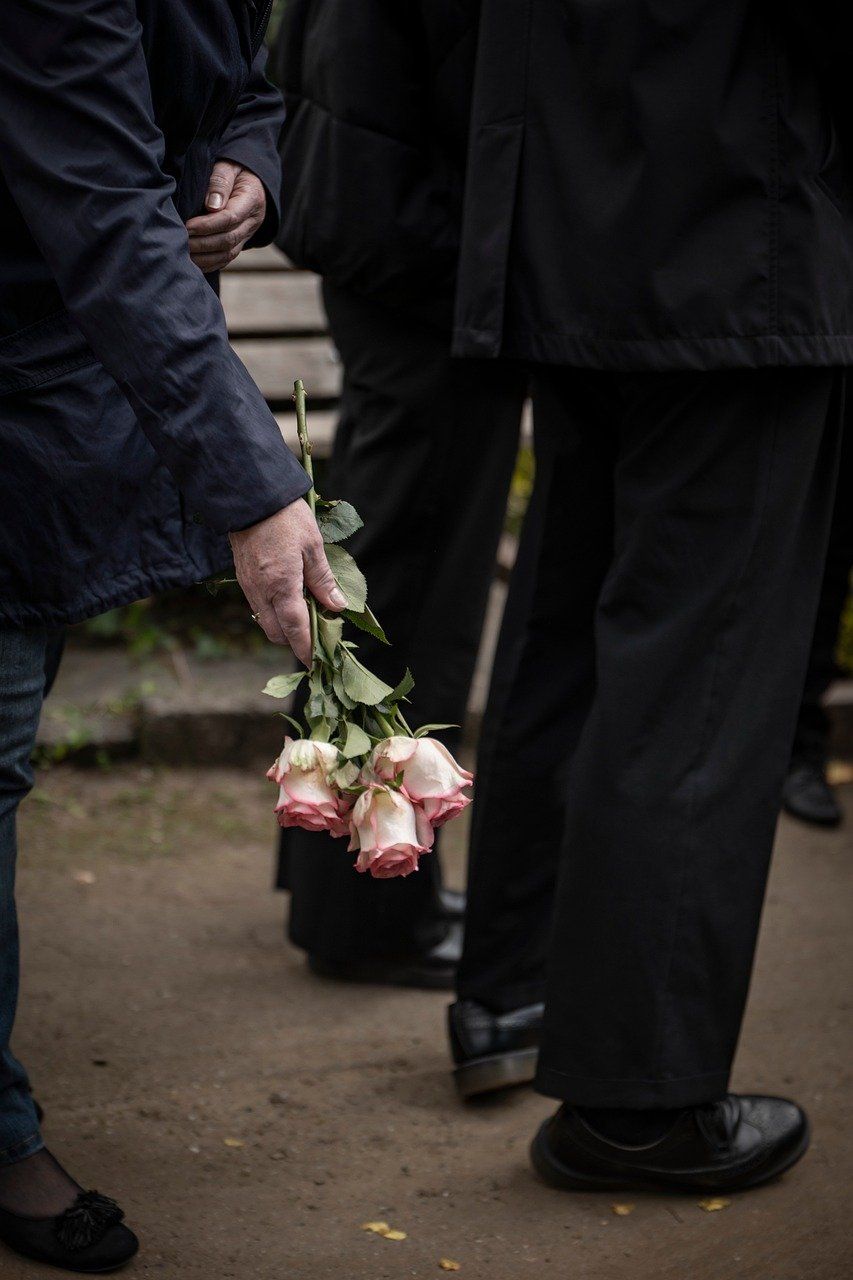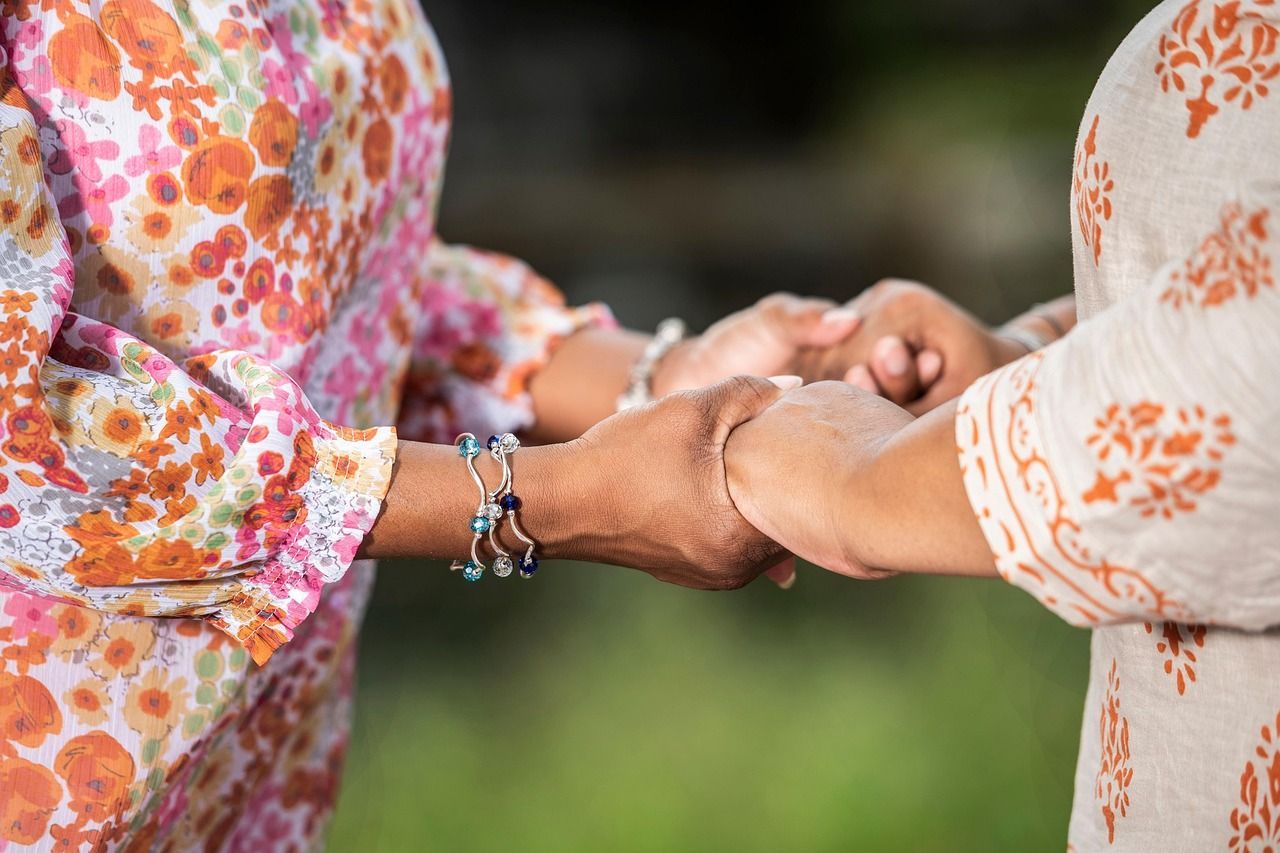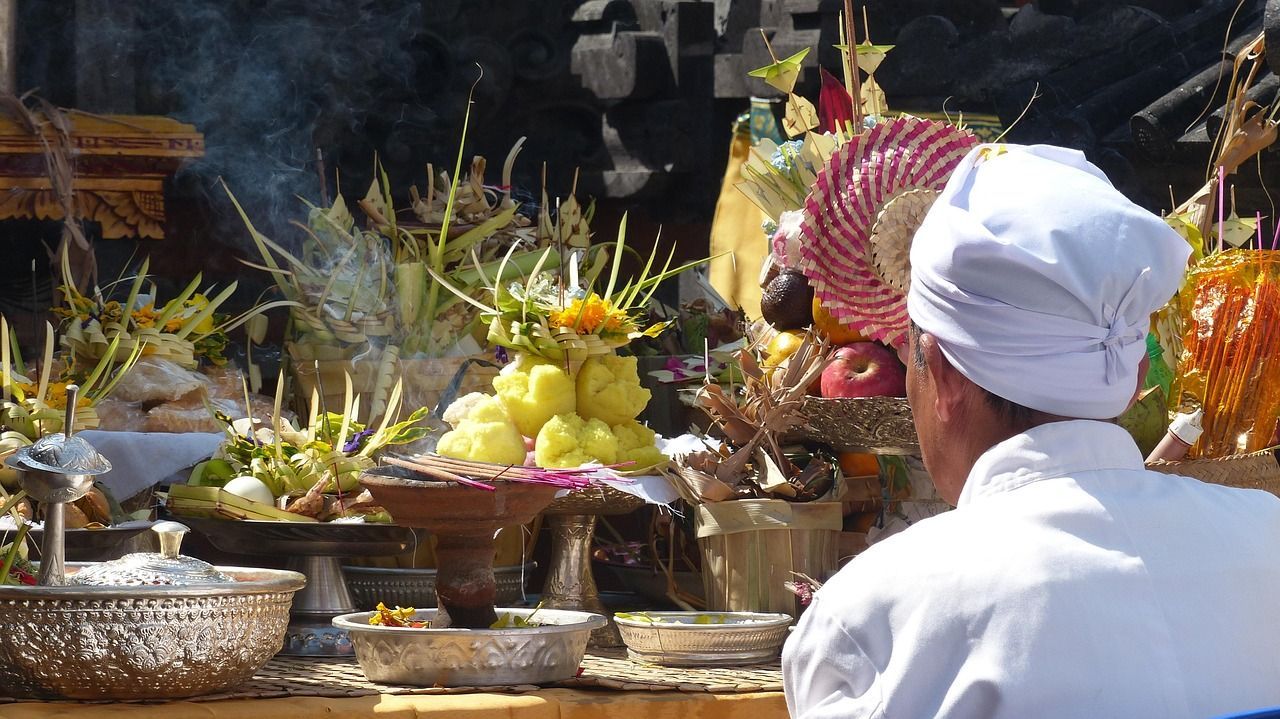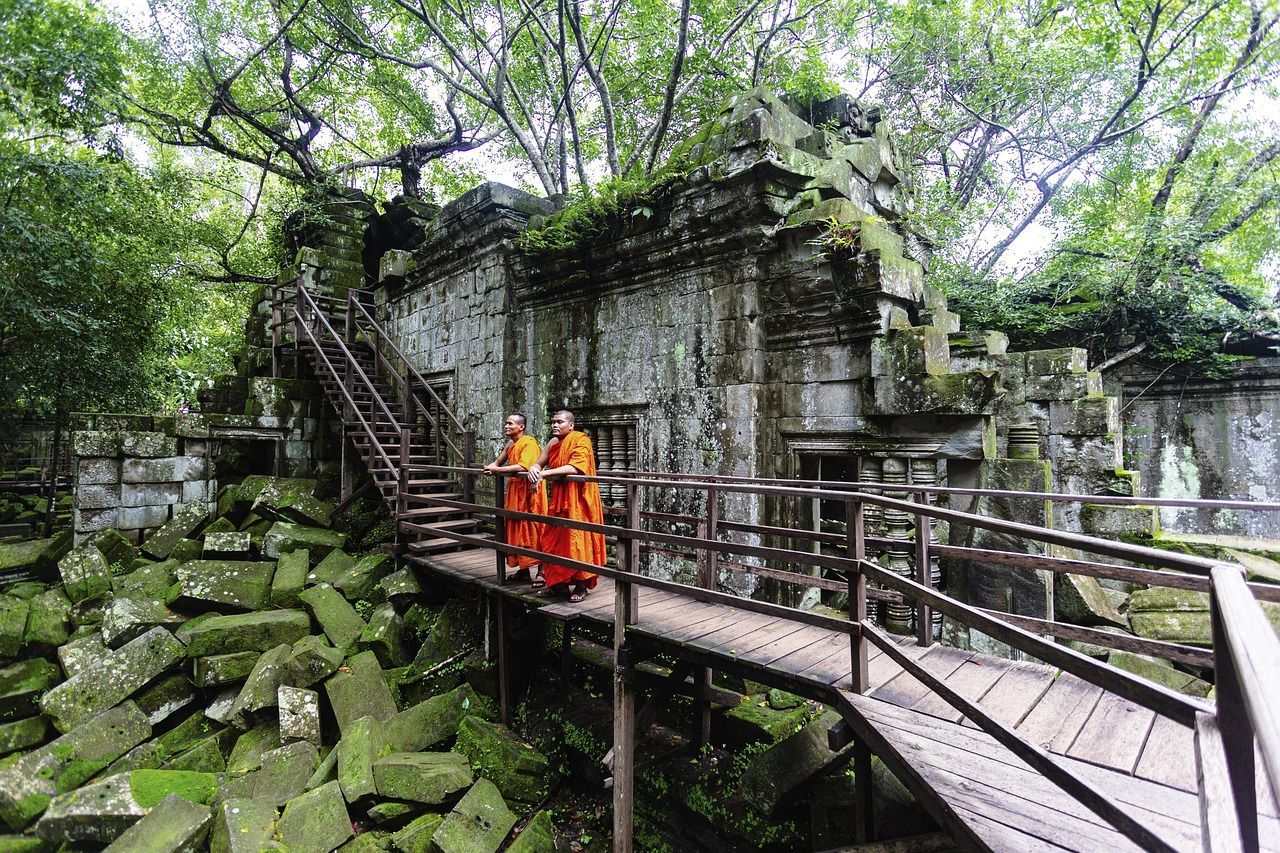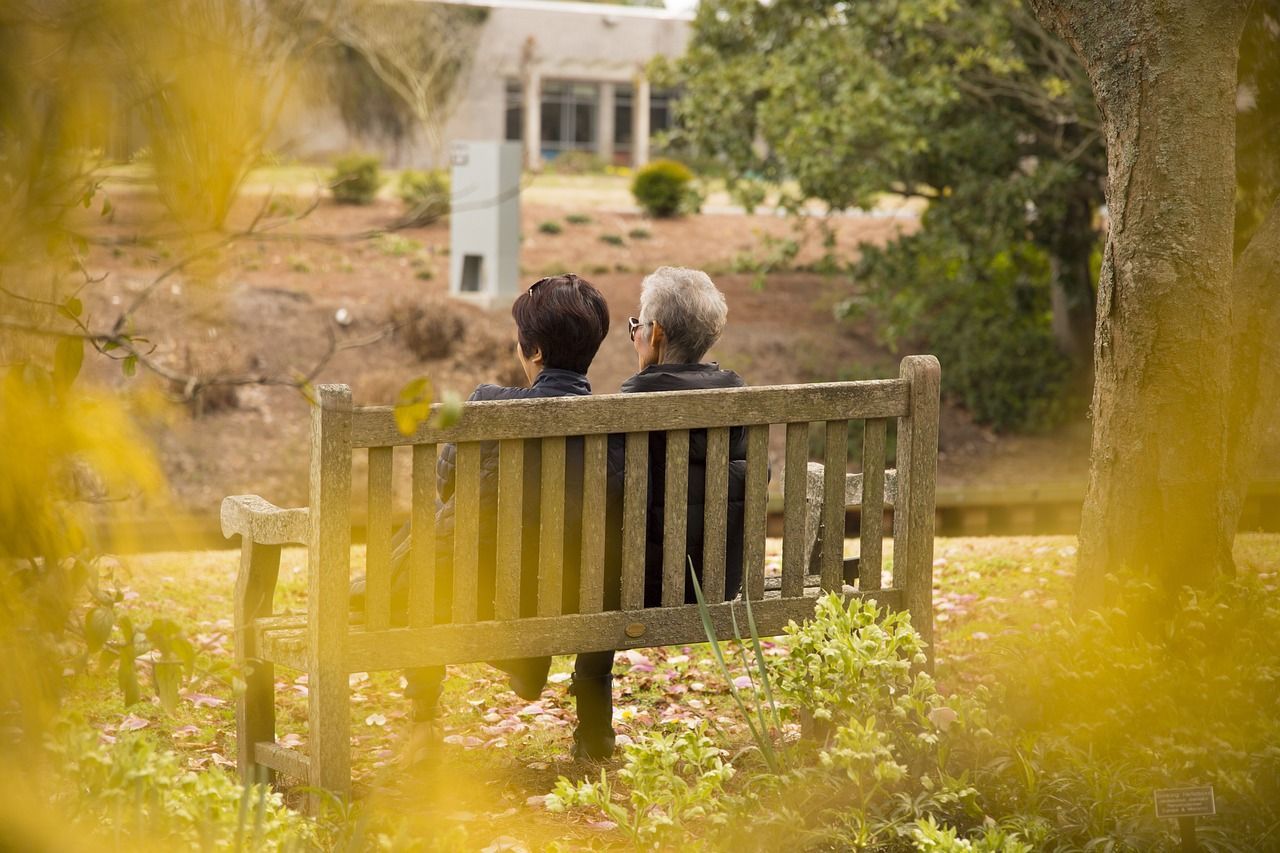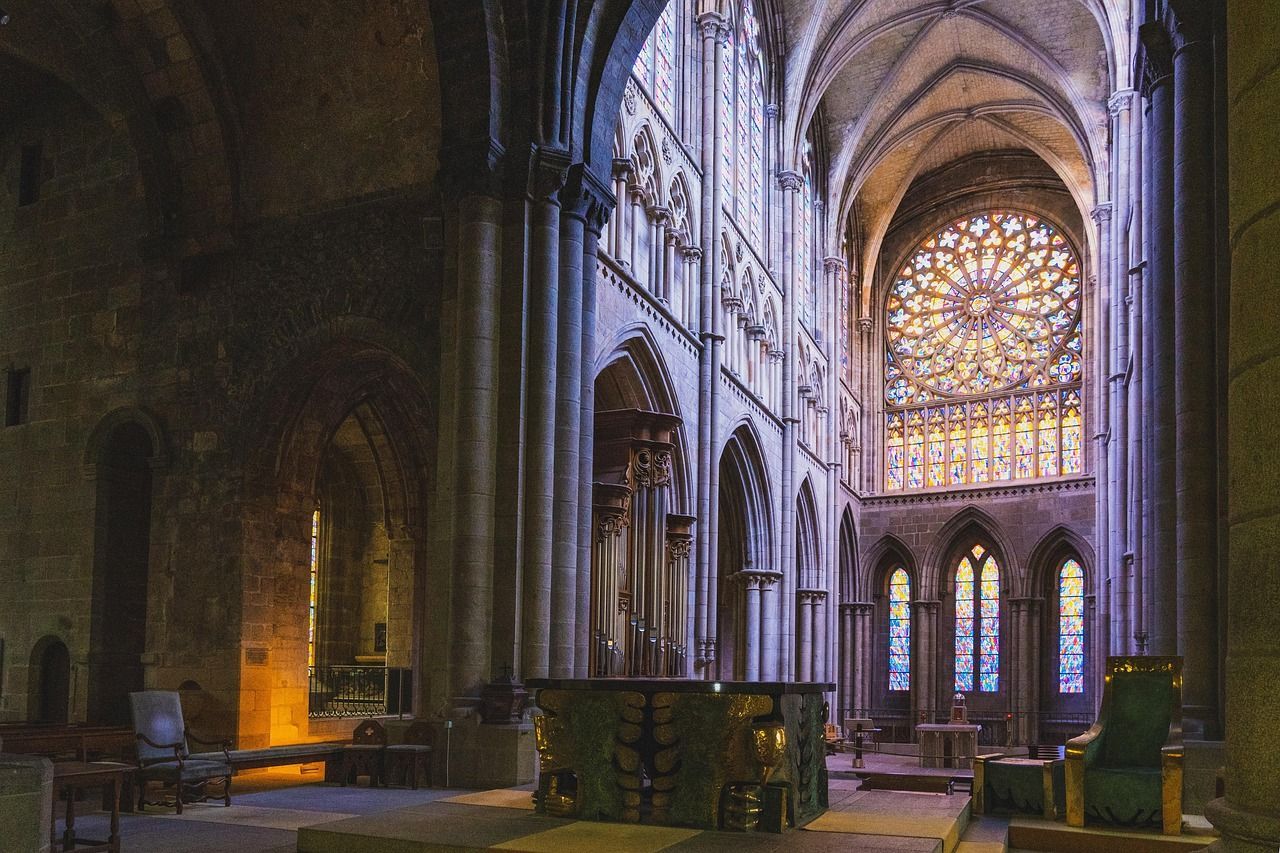Pre-Planning a Funeral: Why It's One of the Most Thoughtful Gifts You Can Give
When you pre-plan a funeral, you give your loved ones an extraordinary gift. By preparing in advance, you ease the burden on them during a challenging time and guarantee that your final wishes are handled with care. This thoughtful gesture not only lessens financial stress but also guarantees that your farewell reflects your unique life and values. It's a gesture of love and care that speaks volumes. Embracing pre-planning is a way to provide comfort, show empathy, and leave a lasting legacy. Your act of consideration will make a significant impact on those you cherish.
Key Takeaways
- Relieves loved ones of difficult decisions and emotional stress.
- Honors personal preferences and values.
- Reduces financial burden on family members.
- Ensures farewell reflects individual's life and beliefs.
- Thoughtful gesture that shows care and compassion.
Reducing Financial Burden
To ease the financial strain associated with funeral planning, consider exploring cost-effective options and discussing payment arrangements with the funeral home. When dealing with the loss of a loved one, managing the financial aspects of a funeral can add extra stress to an already difficult time. However, by implementing strategic budgeting tips and exploring various financial options, you can alleviate some of the burdens associated with the costs.
When considering cost considerations for a funeral, it's important to create a budget and stick to it. Start by outlining all potential expenses, including the casket, service fees, cemetery plots, and any additional costs that may arise. By setting a clear budget, you can avoid overspending and make informed financial decisions during this emotional period.
Saving strategies can also play an important role in handling the financial aspects of a funeral. Look for ways to reduce costs without compromising the quality of the services. This could involve comparing prices from different providers, opting for direct cremation or burial, or considering pre-need funeral arrangements to lock in current prices.
Financial planning is crucial when it comes to funeral arrangements. By discussing payment arrangements with the funeral home, you can potentially spread out the costs over time, making it more manageable for you and your family. Remember, seeking financial assistance or exploring payment plans can provide you with the flexibility needed to give your loved one a meaningful farewell without straining your finances.
Ensuring Your Wishes Are Honored
Make sure that your wishes for your funeral arrangements are clearly communicated and documented to guarantee they're honored when the time comes. Ensuring dignity in the way your final farewell is conducted is vital. By clearly expressing your preferences, you can make certain that your values and beliefs are respected, and your dignity upheld throughout the process.
Honoring traditions that are important to you can provide comfort and solace to your loved ones. Whether it's a religious ceremony, cultural customs, or personal rituals, outlining these details will help your family and friends pay tribute to you in a way that aligns with your heritage and values.
Respecting choices you've made regarding your funeral arrangements is a significant part of pre-planning. Your decisions reflect your unique life story and personality. By securing legacy aspects such as charitable donations, memorial funds, or special requests, you ensure that your impact and values live on even after you're gone.
Guaranteeing closure for your loved ones is another vital aspect of ensuring your wishes are honored. Providing a clear roadmap for your final arrangements can relieve your family of the burden of making challenging decisions during an emotional time, allowing them to focus on grieving and finding support. Making these choices now can bring peace of mind and comfort to both you and your family.
Providing Peace of Mind
Guarantee that your loved ones feel reassured and comforted by proactively addressing your end-of-life wishes and funeral arrangements. Providing peace of mind through pre-planning offers emotional support during challenging times. Your proactive approach can alleviate the burden on your family, ensuring they've a clear roadmap to follow when the time comes.
By openly communicating your wishes, you offer practical benefits that go beyond the logistics; you provide a sense of relief and reassurance to those closest to you.
In addition to the immediate emotional support, pre-planning offers long-term benefits by preserving your legacy. Your funeral arrangements can reflect your values, beliefs, and unique personality, leaving a lasting impression that honors your life. This thoughtful gesture also encourages family communication as you engage in meaningful discussions about your final wishes.
By involving your loved ones in the planning process, you create an opportunity for connection and understanding that can strengthen relationships during a difficult time.
Ultimately, pre-planning a funeral is a gift that keeps on giving. It not only guarantees your wishes are honored but also provides a sense of peace and comfort to your family. By taking the time to plan ahead, you offer a profound sense of support and care that will be remembered long after your passing.
Simplifying Decision-Making Process
Streamlining the decision-making process can bring clarity and ease to the funeral planning process. When tackling this challenging task, effective time management is essential. By organizing your thoughts and setting aside dedicated periods to focus on planning, you can make progress without feeling overwhelmed.
To simplify the options available, consider breaking down decisions into manageable steps. Start by discussing preferences with your family to make sure everyone feels involved and heard. Family involvement not only distributes the decision-making load but also fosters a sense of unity during this emotional time.
Emotional considerations play a significant role in funeral planning. Take moments to reflect on how each decision aligns with honoring your loved one's memory and providing comfort to those in mourning. Practical considerations, such as budget constraints and logistical details, should also shape your choices.
Protecting Loved Ones From Stress
To shield your loved ones from unnecessary stress, thoughtful pre-planning of funeral arrangements can alleviate the burden during a challenging time. By taking proactive steps to address important aspects like emotional support, family communication, legal considerations, funeral arrangements, and practical preparations, you can provide a sense of relief for those closest to you.
Emotional support is essential during times of loss. By pre-planning your funeral, you can guarantee that your loved ones have a structured support system in place, lessening the emotional strain they may undergo. Moreover, clear family communication about your wishes can prevent misunderstandings and conflicts, allowing your family to focus on grieving and healing.
Legal considerations are often overlooked but are crucial for a smooth process after your passing. By handling these aspects in advance, such as wills, estates, and funeral directives, you can spare your family the added stress of dealing with complex legal matters.
Funeral arrangements and practical preparations can be overwhelming tasks for grieving loved ones. By pre-planning these details, you offer a practical gift of easing their burden. From selecting a casket to deciding on the service format, having these decisions made in advance can provide a sense of peace and ensure your wishes are honored.
Personalizing Your Farewell
When considering personalizing your farewell, remember that adding your unique touch can bring comfort and solace to your loved ones during a difficult time. Celebrating life through personalized elements can create a significant event for everyone involved.
One way to do this is by incorporating creative tributes that reflect your personality, passions, and the memories you've shared with those you love. These tributes can be in the form of music, art, or any other special way that resonates with you.
Significant gestures play an essential role in personalizing your farewell. Small acts of kindness, heartfelt messages, or even simple tokens of remembrance can leave a lasting impact on your loved ones. These gestures can serve as symbols of your love and connection, providing emotional closure for those who are grieving.
Adding unique touches to your farewell can make the event truly unforgettable. Whether it's a particular theme, color scheme, or a specific location that holds significance to you, these personal touches can help create a warm and inviting atmosphere for all attendees.
Demonstrating Love and Care
Showing love and care through thoughtful gestures can provide comfort and support to both you and your loved ones during the grieving process. During times of loss, demonstrating empathy and offering support can make a significant difference in how you and your family navigate the difficult passage of saying goodbye.
Expressing compassion through simple acts, such as listening with an open heart, sending a heartfelt note, or offering a helping hand, can lighten the emotional burden carried by those grieving. Providing comfort by being present, acknowledging the pain, and offering a shoulder to lean on shows your loved ones that they aren't alone in their sorrow.
Sharing memories of the person who's passed can also be a beautiful way to honor their life and legacy. Reminiscing about special moments, recounting stories that bring laughter or tears, and celebrating the impact they'd on those around them can bring solace and connection amidst the sadness.
Frequently Asked Questions
Can I Make Changes to My Pre-Planned Funeral Arrangements?
Yes, you can make changes to your pre-planned funeral arrangements. You have customization options, family involvement, flexibility clauses, budget adjustments, and personalization choices available. It's crucial to guarantee your final wishes reflect your desires.
What Happens if the Funeral Home Goes Out of Business?
If the funeral home closes, you may have legal recourse for refunds or transfers. Seek consumer protections and explore alternative arrangements. Be aware of the refund process and available options for honoring your loved one.
Are There Payment Options for Pre-Planned Funerals?
When pre-planning a funeral, you have payment options for flexibility. Affordable plans offer financing and budget-friendly choices with installment options. Discuss payment arrangements and cost breakdowns for financial planning and savings strategies.
How Can I Ensure My Pre-Planned Wishes Are Legally Binding?
To guarantee your pre-planned wishes are legally binding, seek legal protection through notarized documents and binding contracts. Consult a lawyer for guidance, and make sure family consent is obtained to solidify your end-of-life decisions.
Are There Any Tax Implications for Pre-Planning a Funeral?
When pre-planning a funeral, consider tax implications, inheritance, financial benefits, estate planning, and legal considerations. Ensuring all aspects are in order can provide peace of mind for you and your loved ones.
To sum up, pre-planning a funeral is a compassionate gift that brings peace of mind to both you and your loved ones.
Did you know that 73% of people feel overwhelmed when planning a funeral for a loved one?
By taking the time to pre-plan, you can alleviate this stress and make sure your final wishes are honored.
Start this important process today and give the gift of a well-planned farewell.
